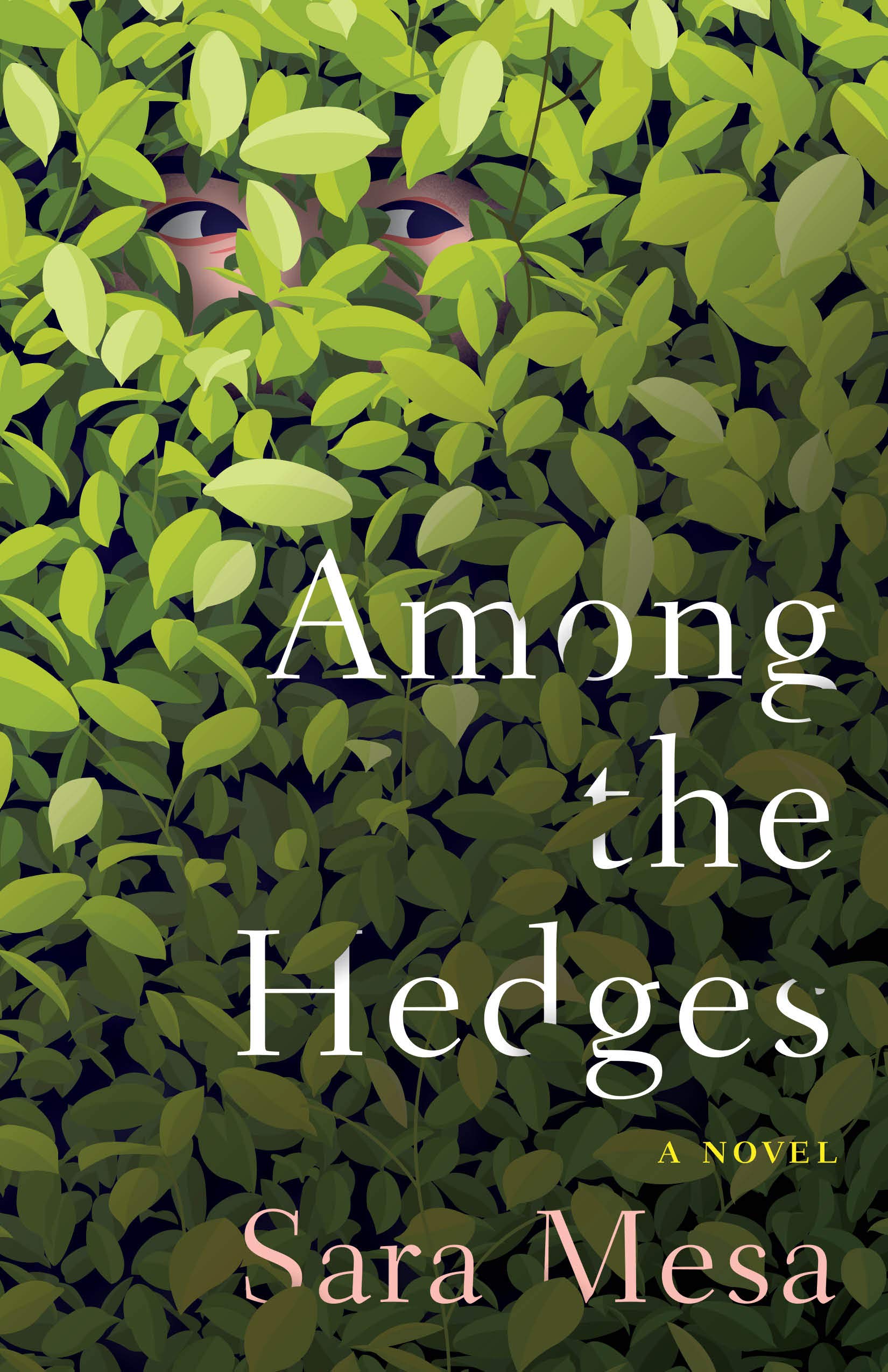4 Stars
I enjoy reading books by authors from around the world, though that means I’m restricted to those that have been translated into English. Among the Hedges is my first encounter with its Spanish writer; I will definitely be looking for more of her work.
Two people form a friendship, one which would be viewed with suspicion were it not kept secret. Soon is an awkward 13-year-old girl who skips school and spends her days hidden by hedges in a park. She meets a 54-year-old man whom she names Old Man. Both are outsiders looking to be seen, understood, and loved. Soon is wary at first but comes to see Old Man as harmless, kind, and honest though she knows very little about him. But societal judgments and prejudices intervene because they are “an unacceptable, illogical pair.”
Soon is an outsider. She doesn’t fit in at school where she is the target of teasing. Her “real hangups” are “her plainness, the zits on her arms and her marshmallow body.” She wants to be left alone because she doesn’t feel comfortable in groups. Because her older brother has left to pursue studies, she also feels abandoned. She is uncertain about her identity and place, and the onset of her sexuality leaves her uneasy. Her life is so boring that when she writes in a diary, she embellishes: “Recording the life she leads would be very boring” so she uses her imagination. She knows that were she and Old Man seen together, “they would inevitably draw attention,” but the thought that people would speculate about the nature of their relationship “produces a strange thrill in her – the thrill of transgression.” When her rebellion, her truancy, and her friendship with Old Man prove to be “unproductive,” she decides to “force a denouement” because “something has to happen”: “she needs a story to tell.” The consequences are not unexpected.
Old Man is a damaged but gentle soul. His behaviour and speech patterns are odd. He is obsessed with birds and the music of Nina Simone. He knows that he can be annoying but becomes upset when people think “he’s bad and strange.” Like Soon, he prefers to be alone. Soon describes him as “methodical and organized” though “he doesn’t connect facts the way other people would, doesn’t measure cause and effect in the same way. He considers things that would surprise others to be normal, and also the opposite, he’s surprised by normal things.” He reveals little about himself; Soon learns “incidental tidbits” like he has spent time in a hospital but now lives alone though he doesn’t work: “Faced with the slightest pang of discomfort or pain, Old Man always changes the subject.”
One person describes the two friends as “asymmetrical” and that’s a perfect description for them; neither navigates through society with ease. So the book asks us to consider our attitudes to people who behave differently: “The world would have to turn upside down for him not to stand out with his old-fashioned suit, his little glasses, his unkempt mustache, his arhythmical diction, and the damp, different gaze of the unbalanced.” Old Man describes society’s need to require that people think and behave in acceptable ways: “we’re like stuffed chickens! They cut us open and empty us out and then fill us up with whatever they think is better, and into the oven we go! Cooked to psychology’s order!”
The book also asks us to consider what relationships are acceptable: “When does a stranger achieve the category of potential friend, and when does he stay, merely, a potential danger? Clearly, Old Man doesn’t fit in the category of friends that her environment wants her to have; rather, he’s dangerously close to the category of maniac or pedophile, but only because of his age and the fact that he doesn’t go to her school.”
In many ways, this is not a comfortable read. Throughout, the reader is in a state of anxiousness as s/he anticipates what will happen when the relationship inevitably comes to public notice. The ending is both poignant and unsettling. I was reminded of A Patch of Blue by Elizabeth Kata, another book about an unacceptable relationship. Both novels are short but impactful.

No comments:
Post a Comment